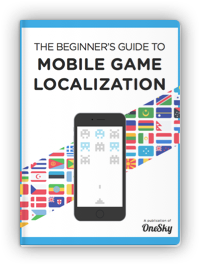How Video Game Localization Can Give You a Competitive Advantage
Launching a video game in today’s global market is no small feat. Game studios must ensure that their games are accepted in each market to gain a foothold in gaming communities, expand their user base, and grow their revenues.
To deliver a gaming experience that appeals to each market, you must localize the content. But unlike what most people might think, localization involves muchh more than simply translating the original content into a different language.
Here’s what game localization entails and how it can help game studios achieve a competitive advantage.
What Is Video Game Localization?
Game localization is the process of adjusting a video game to fit the backgrounds, values, cultures, expectations, preferences, behaviors, and languages of various target audiences to deliver the best gaming experience.
Besides translating the content, you may need to adjust symbols, color palette, graphic elements, and cultural references to ensure that the characters, storyline, and dialogs resonate with local gamers.
You must also watch for content that may be offensive to the local audience or land you in legal hot waters in countries with stringent regulations or censorship.
Some key steps in the game localization process involve market research, internationalization, game translation, linguistic processes, and quality assurance. Because of the complexity of the process, most game studios work with professional translation services and local experts to ensure that they have all the bases covered.
Why You Need To Localize Your Game For the International Market
There are 3.24 billion gamers worldwide, but only 9% live in the U.S. Asian countries make up 40% of the world’s top 10 video gaming markets with China, Japan, and Korea in the top 5. If your game doesn’t resonate with these audiences, you could be missing out on a large portion of the global market.

Most video game players don’t speak English as their native language. Not to mention, gamers from these top markets have vastly different backgrounds and expectations than their U.S. counterparts.
The gaming experience is grounded in context, without which your game will fail to engage the audience and keep them coming back. Then, there’s the social aspect of gaming. A video game that addresses the local culture is more likely to gain a foothold in the gaming community and build a solid user base.
With so many choices in the market, most gamers won’t spend time playing games that aren’t relevant to or resonate with them.
The old approach of simply translating the game content into a different language isn’t enough to help you stand out in today’s competitive market. Besides accurate and high-quality translation, you must address the local culture and preferences.
Plus, you must consider other elements that impact the gaming experience, such as guides and game manuals, various controls, game expansion packs, characters’ backgrounds, the emotional appeal of their stories, and more.
It’s also important to address the flow of the dialogs, the appearance of the characters, and policy-based localization concerns. For example, Mortal Kombat 11 was banned in Japan due to its excessive violence and received backlash on its female costume in its Western release.
A well-orchestrated localization process can help you navigate the increasingly complex and demanding international market.
How Localization Helps Game Studios Gain a Competitive Advantage
The localization process appropriates every aspect of a video game to make it native to the local audience. It sometimes involves making significant changes to the original version, which can be time-consuming and labor-intensive.
However, this process is a worthwhile investment if you want to break into the international market, grow your user base, and generate more revenue. Here are the top benefits of localizing your game:
1. Increase Revenue Potential
Localizing your game helps you break into new markets to increase your reach and grow your user base. It also makes your brand more appealing to local gamers, so you can build a fan base that’ll not only make an initial purchase but also keep buying new versions, expansion packs, and more.
2. Boost App Store Ranking
Mobile gaming accounts for 57% of the $173bn global video games revenue in 2020 and is projected to reach $272 billion by 2030. Localizing your game and its app store listing can help you get found by more people in a local market and capitalize on the fast-growing global mobile gaming community.

3. Stand Out From Your Competition
Creating a game that resonates with the target audience and delivers a uniquely localized experience helps you stand out from a sea of competitors. Localization can bring the storyline to life with local references and create an authentic experience that’ll help you establish a foothold in local markets.
4. Diversify Your Revenue Streams
The international gaming market can be volatile, and you don’t want to put all your eggs in one basket. Especially in countries with fast-changing regulations and strict censorship, the authorities can pull a game in the blink of an eye without warning. Gaining a presence in different markets helps you minimize income risks.
5. Avoid Publishing Offensive Content
An expression or symbol can be innocuous in one culture but inappropriate in another. Localization experts can help ensure that your game content won’t be offensive to local audiences or get banned by local authorities, which can tarnish your brand’s reputation and impact your long-term success in the market.
6. Prevent Plagiarism
Creating official versions of your game for foreign markets can prevent piracy or ROM hacking, which will impact your revenue potential and brand appeal. When you incorporate localization as part of your launch plan, you have better control over the quality of the translated content and the overall gaming experience.
7. Enhance Your Brand Image
A comprehensive localization process takes into account content at all touchpoints, including marketing copy, online ads, social media posts, website, and more. It can help you deliver a consistent experience that aligns with your brand image to establish a strong presence in the global market.
8. Gain Local Clout
Word of mouth marketing allows you to build local communities and is key to a game’s success. Localization can help you get more positive ratings and reviews in local markets. It can also help attract local influencers so you can leverage their fan base to spread the word about your video game and grow your user base.
How To Navigate the Complex Game Localization Process
Video game localization is a complex process. You must address various cultural nuances and manage the workflows efficiently while avoiding the many mistakes that could delay your launch timeline and increase the project cost.
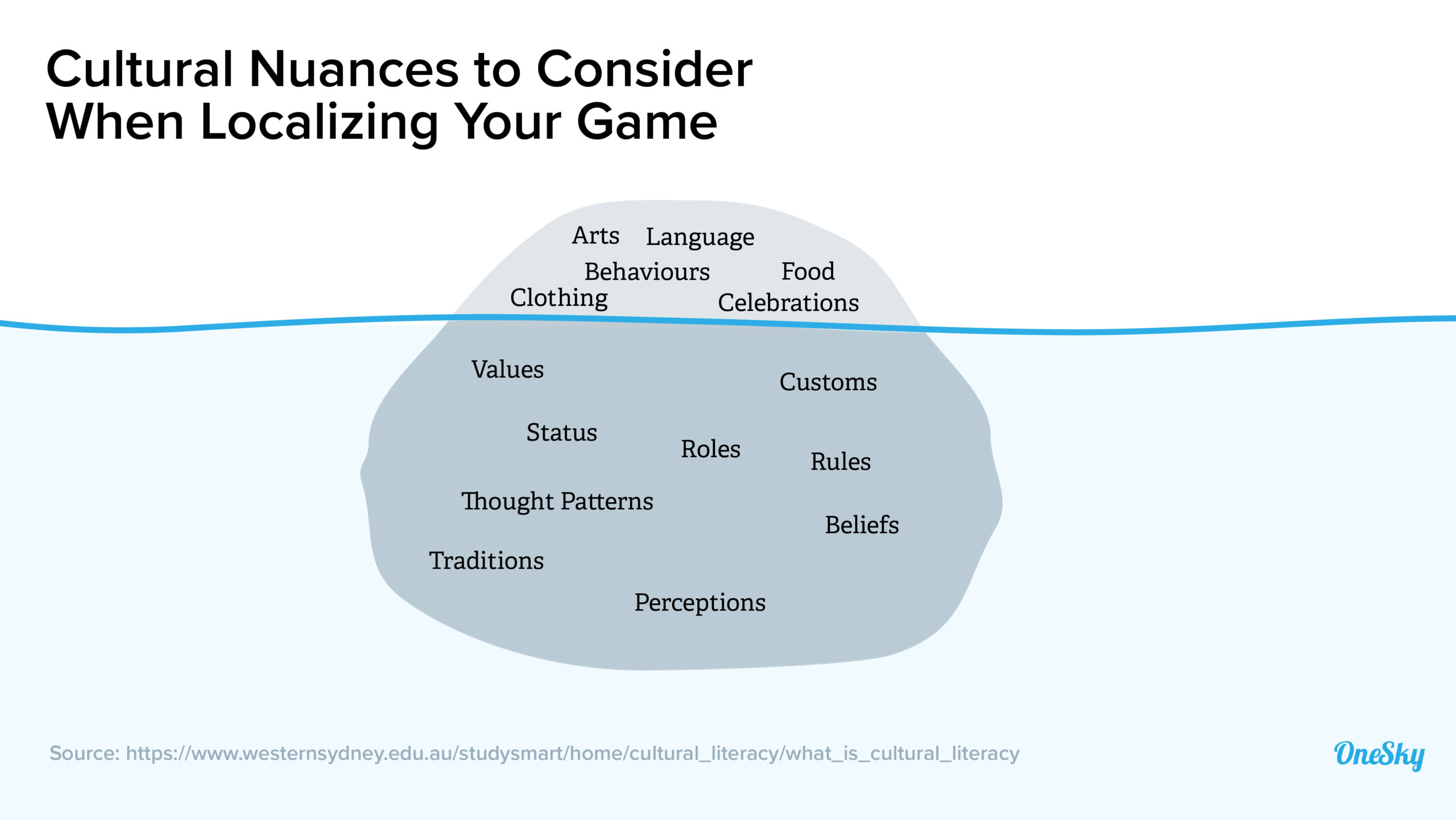
That’s why savvy game studios work with professional translators and use robust localization management software to achieve high-quality translation and deliver a seamless localized gaming experience cost-effectively.
OneSky is an all-in-one platform that helps you manage various game localization tasks all in one place. Besides the must-have features (e.g., computer-aided translation, terms glossary, translation memories, translation management system, automated procedures, string contexts, testing, etc.,) you can also access over 1,000 professional translators in 50+ languages.
Get started with our complete localization solution for free.

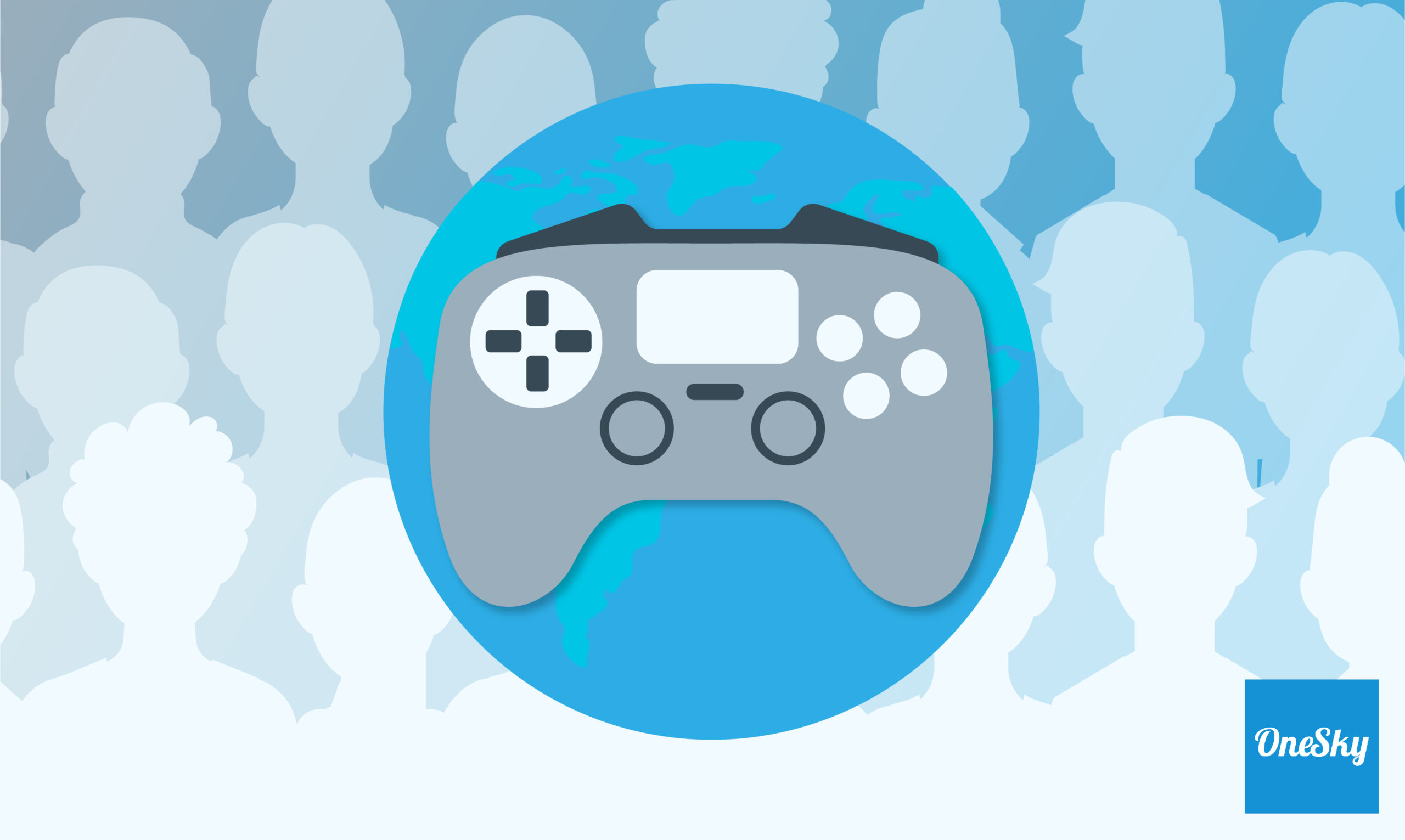
 Written by -
Written by - 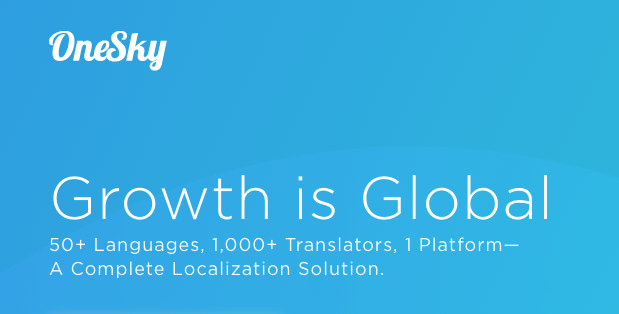

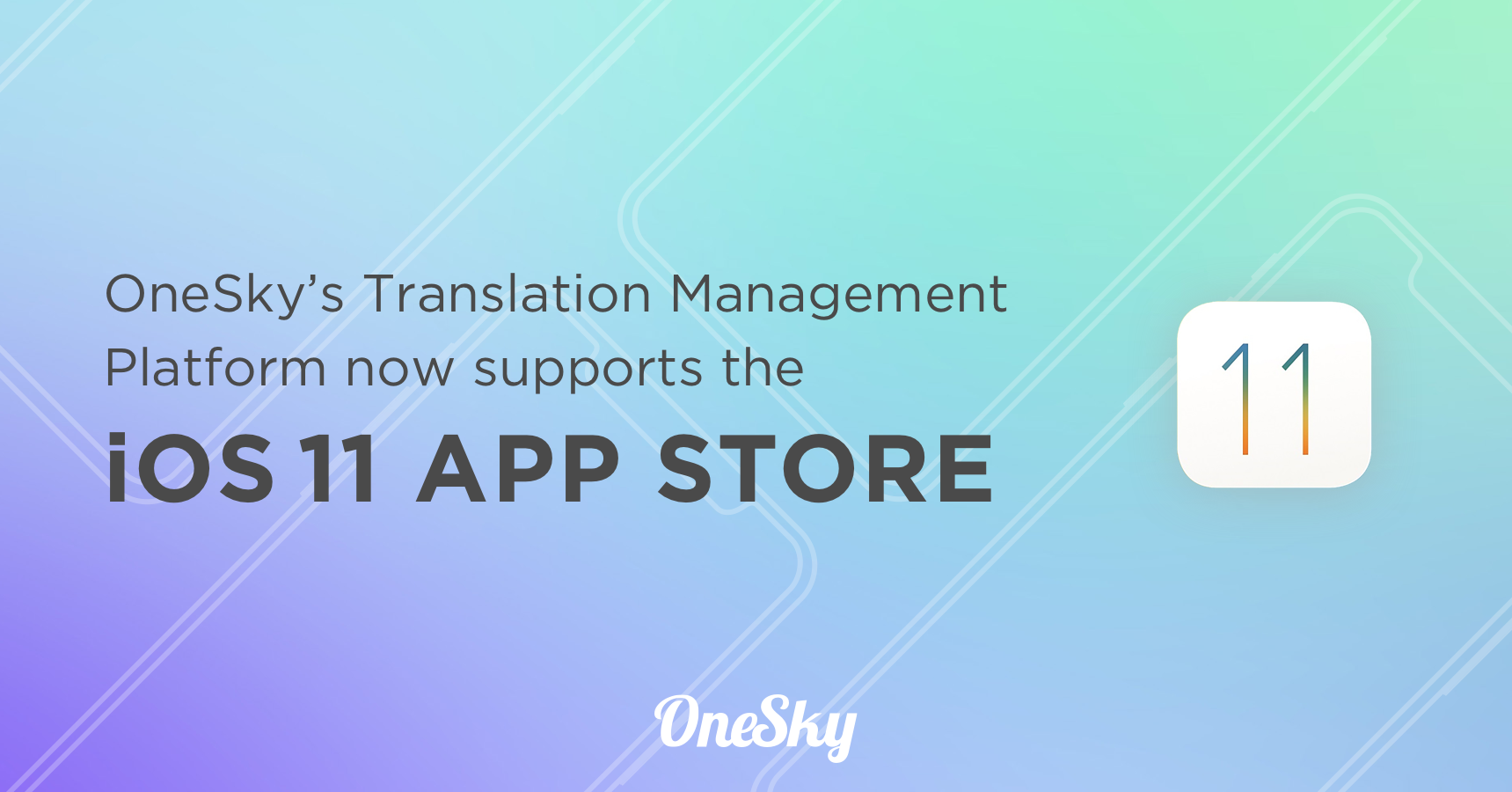
 Written by
Written by 


